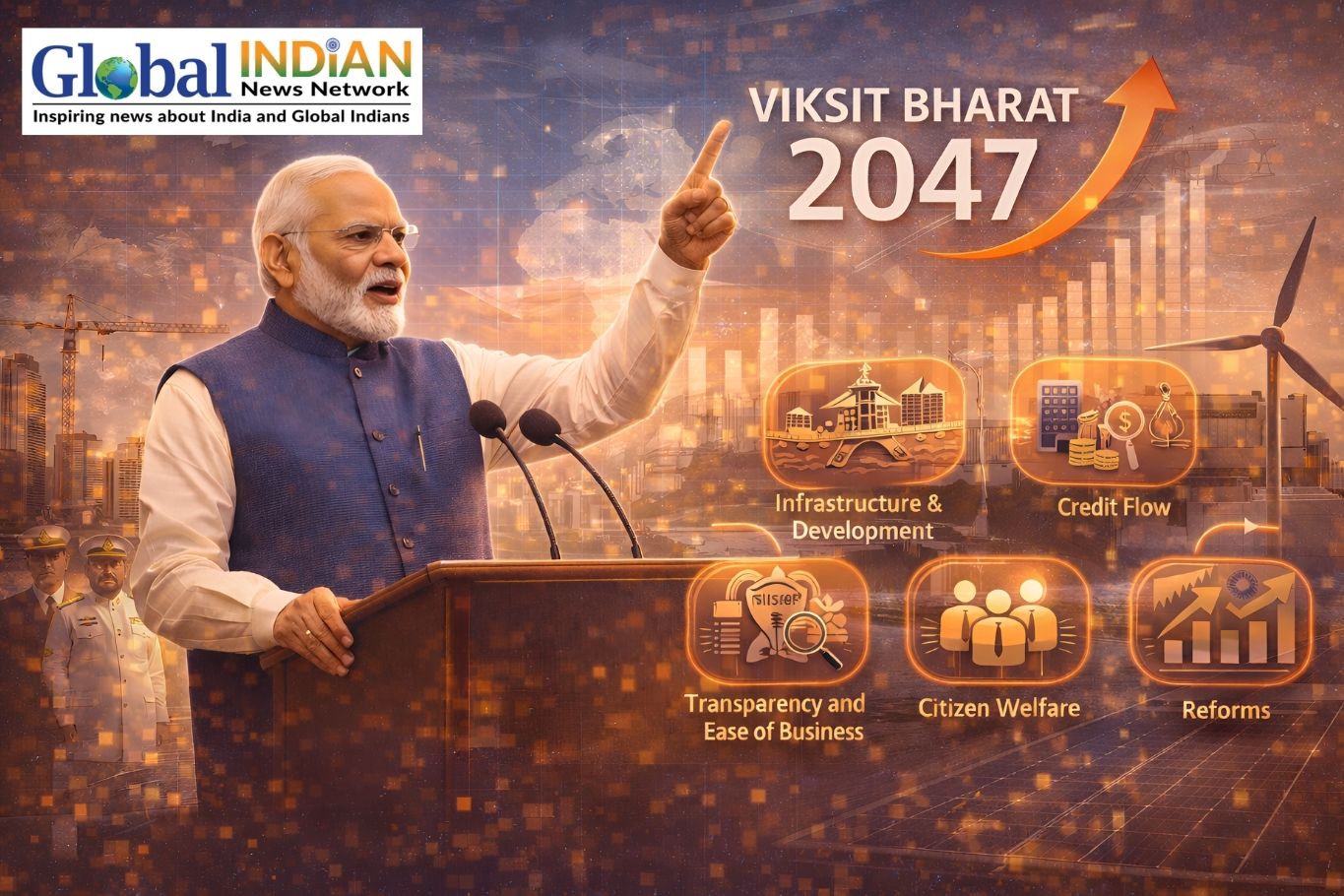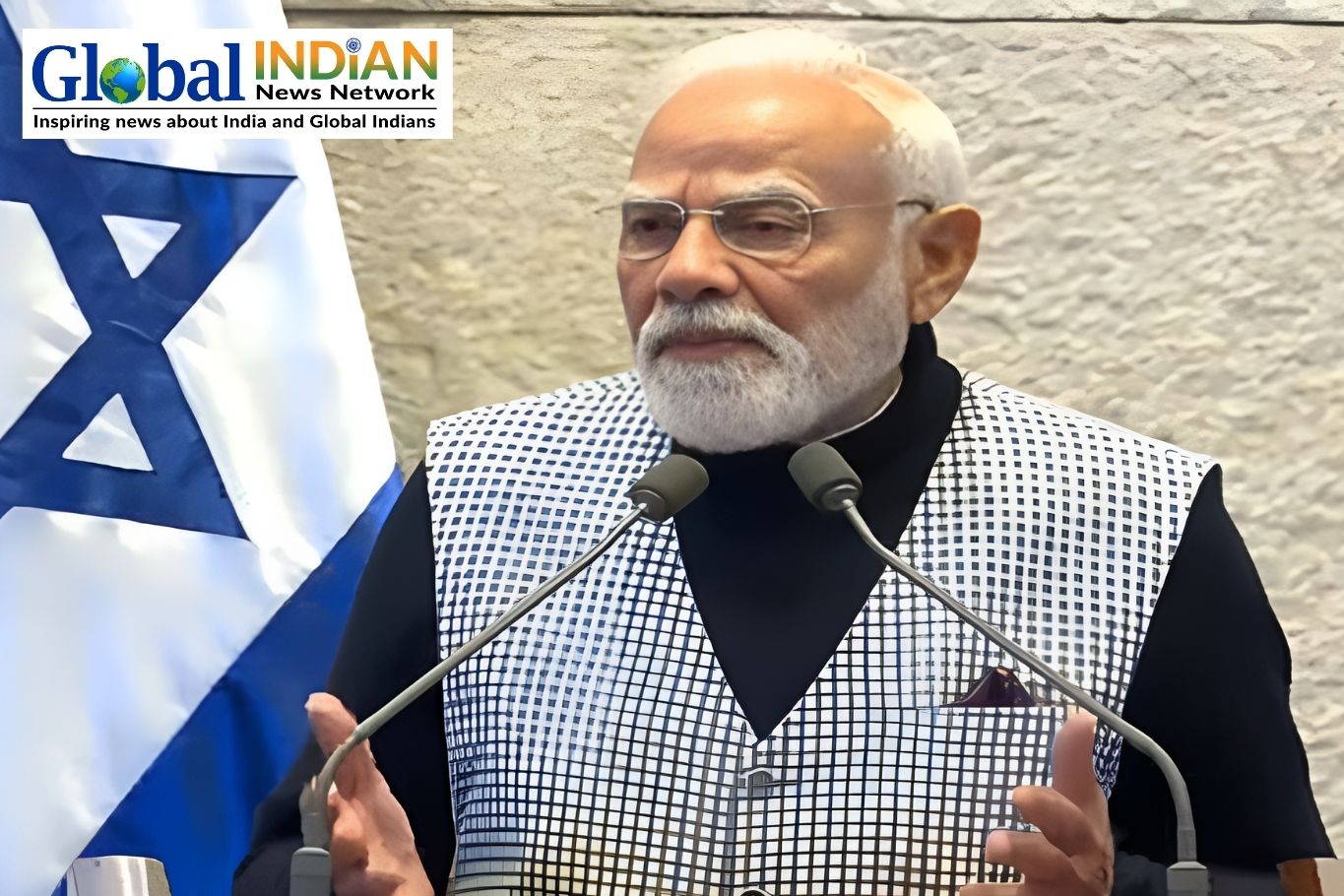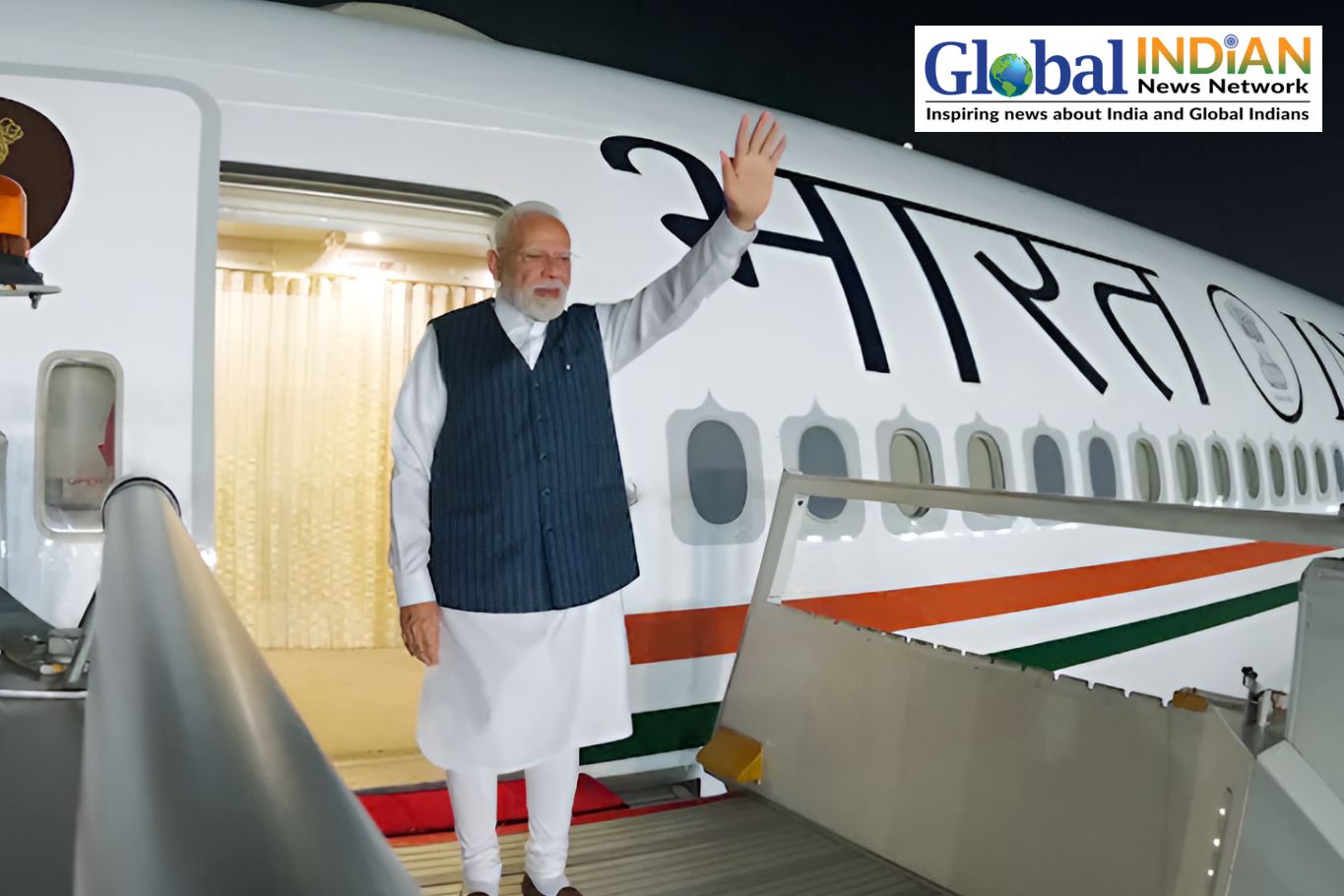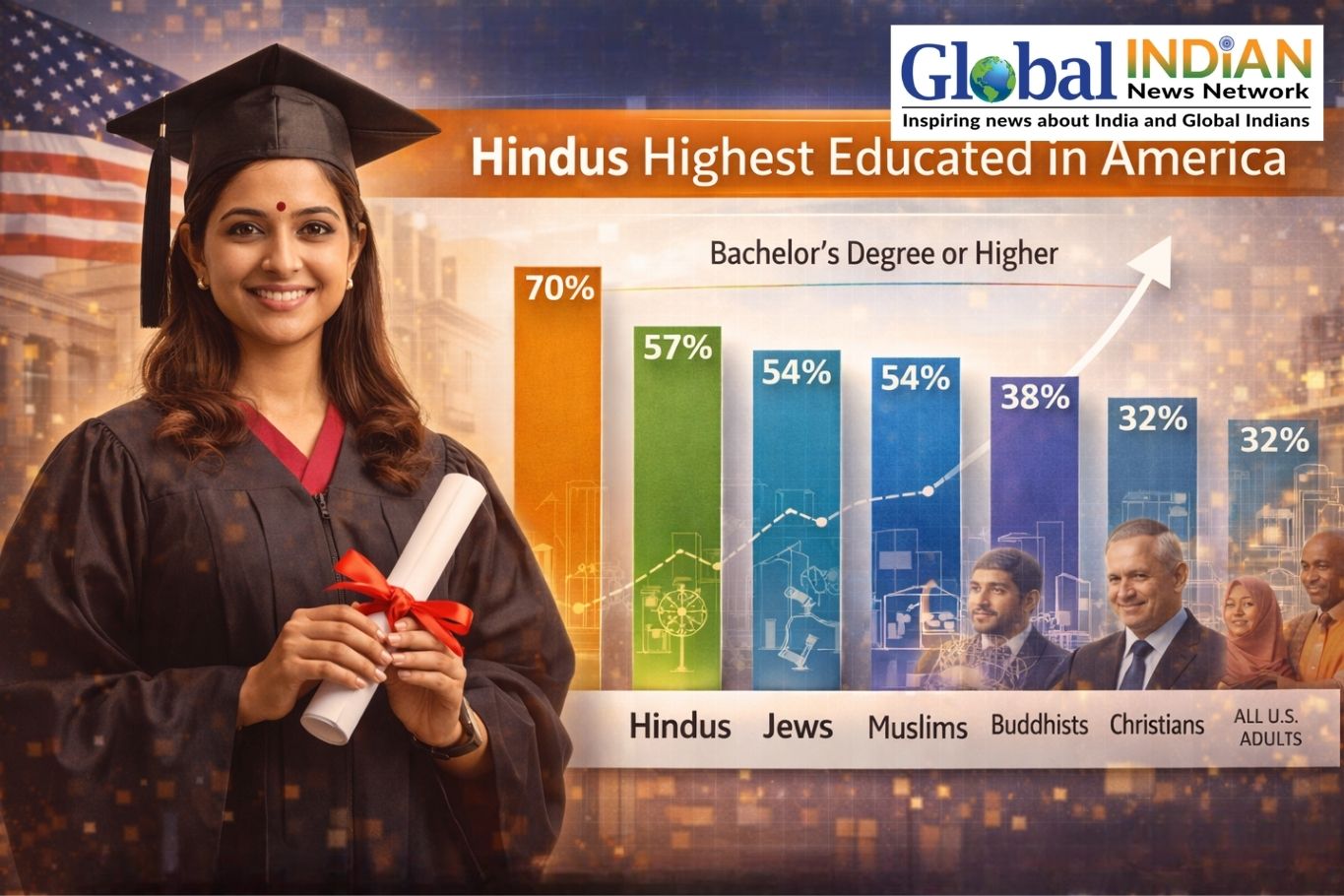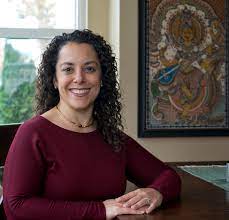 Amy Allocco, a Professor of Religious Studies, has received two prestigious research fellowships, including a Fulbright award, to carry out ethnographic research in South India. Her focus is on a previously unstudied group of Hindu artists and priests, with the aim of expanding our understanding of their practices.
Amy Allocco, a Professor of Religious Studies, has received two prestigious research fellowships, including a Fulbright award, to carry out ethnographic research in South India. Her focus is on a previously unstudied group of Hindu artists and priests, with the aim of expanding our understanding of their practices.
In the coming year, Allocco plans to spend eight months in Tamil Nadu, India, conducting an ethnographic study of pampaikkārar, a lineage of Hindu drummer-priests. These individuals play a crucial role in various religious and cultural rituals, such as family rites, domestic ceremonies, and temple festivals. Allocco’s research will delve into the creation, transmission, and evolution of their musical and ritual traditions. Moreover, she will examine how these traditions have adapted in contemporary times, shedding light on shifts in religious sentiments, aesthetic preferences, and social and economic conditions.
To embark on this cutting-edge research project, Allocco has been granted a Fulbright-Nehru Academic and Professional Excellence Fellowship by the U.S. Department of State and the Fulbright Foreign Scholarship Board. Additionally, she has received a senior fellowship from the American Institute of Indian Studies. These accolades place her among the approximately 800 U.S. citizens selected to participate in the Fulbright U.S. Scholar Program for the academic year 2023-24.
Allocco, an anthropologist specializing in the study of religion, has devoted her research to vernacular Hinduism, particularly the examination of contemporary Hindu rituals and religious practices in Tamil Nadu. Her extensive fieldwork in this region began after her initial study abroad experience in 1995.
In 2015, during her first Fulbright-sponsored study, Allocco encountered a family troupe known as pampaikkārar. Their exceptional musical performances and unique decorative style during ritual displays left a strong impression on her. Intrigued by their talents, she established a connection with the group and started to closely observe their travels and leadership in conducting rituals throughout the area.
While the pampaikkārar engage in various rituals related to weddings, births, and other significant occasions, Allocco’s previous research project primarily focused on documenting a folk ritual known as the calling of the dead. In this practice, families and communities invite their departed loved ones to return in the form of household deities. Throughout the multi-day rituals, the pampaikkārar play songs and create intricately decorated vessels, forming an essential part of the proceedings.
Allocco’s current focus is directed towards the drummer-priests themselves, examining the interconnectedness of their musical and ritual roles. She expresses her intention to document their narratives, storytelling, and songs, with the aim of preserving these cultural heritage materials for future generations and making them accessible to scholars in India and around the world. Allocco plans to deposit these digital resources at the American Institute of Indian Studies’ Archives and Research Center for Ethnomusicology.
In addition, Allocco will investigate the intergenerational transmission of songs, artistic skills, and rituals within the pampaikkārar community. As these practices are not written down, she became intrigued by the family’s patriarch who personally mentors and refines the skills of troupe members. This emphasis on intergenerational learning and pedagogical approaches caught Allocco’s attention. The family she is studying is committed to ensuring the preservation and prosperity of the art form, and they actively teach skills and techniques to other drummer-priests. The younger generations within the family are utilizing technology and social media platforms to promote and advertise the art form.
Allocco describes the family as an intriguing group who, despite adhering to certain traditional aspects such as the transmission of their craft, are open to innovation and collaboration. Their exceptional talent, ritual expertise, and musical virtuosity set them apart. Allocco finds great joy in learning from them, recognizing their unique qualities.
In parallel to Allocco’s research, Multifaith Scholar Daniel Scheff ’24 will be conducting a separate research project in South India alongside her through the Summer Undergraduate Research Experience. Scheff’s project focuses on Andal, a ninth-century Hindu religious figure and poet-saint. He aims to explore how Andal’s compositions and biography influence societal perceptions of acceptable womanhood during the colonial and post-colonial eras in India.
After obtaining her doctorate in the West and South Asian Religions program from Emory University’s Graduate Division of Religion, Allocco joined the faculty at Elon University in 2009. Her academic journey also includes a Master of Theological Studies degree from Harvard Divinity School and a bachelor’s degree from Colgate University. Allocco has played a pivotal role at Elon, being the visionary behind the establishment of the Multifaith Scholars Program. Her exceptional mentorship skills were recognized in 2019 when she received the Ward Family Excellence in Mentoring Award. Furthermore, her scholarly achievements were acknowledged by Elon College, the College of Arts and Sciences, presenting her with the Excellence in Scholarship Award in 2021 and the Excellence in Teaching Award in 2012.

